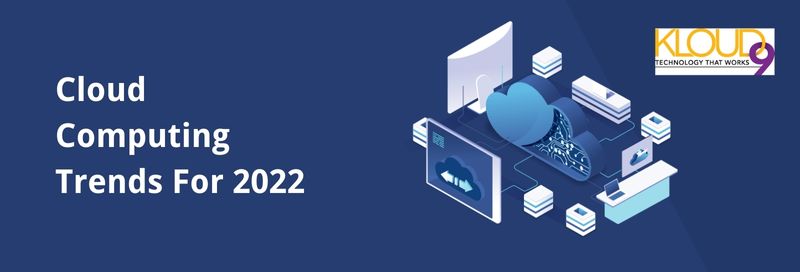In the ever-evolving landscape of technology and business, one term that has become increasingly prevalent is "SaaS"—software as a service. This paradigm-shifting model of delivering software has revolutionized the way businesses operate, from startups to multinational corporations.
The Evolution of SaaS: Empowering Businesses with Cutting-Edge Software Solutions
The Impact of Email Spam on Business Communications

Email has become the backbone of business communication, enabling seamless interactions with customers, partners, and employees worldwide. However, lurking within the vast expanse of our inboxes is a perennial nuisance that continues to disrupt and undermine these vital communication channels: email spam.
7 Criteria to Ensure You Select the Right Cloud Provider

As technology evolves, businesses increasingly rely on cloud computing to process and store data. With numerous cloud providers in the market, selecting the right one for your organization can take time and effort.
Choosing a cloud provider is critical as it directly impacts your applications' and data's security, scalability, and performance.
The Changing Face of Email Security: A Look at 8 Modern Encryption Protocols

In today's interconnected world, where data breaches and privacy concerns continue to make headlines, ensuring the security of our online communication has become more critical than ever. Email, one of the most widely used communication channels, has been a primary target for hackers and cybercriminals.
VOIP Trends That Will Rule in 2023
4 Ways Telepresence Revolutionizes Remote Work
2023 Forecast for Cloud Computing: Key Trends and Technologies to Watch Out for
What Are The Benefits Of Incorporating Cloud Computing?
Cloud Computing Trends For 2022

Cloud computing has already changed the operations and functions of business, but the cloud's disruptive consequences are far from done. Trends in 2022 show that firms will continue to embrace the cloud to update operations and extend IT capabilities, indicating that fast acceptance and expansion will continue.
5 Tips to prevent cloud solutions from breaking the bank

The cloud is a great way for small- and medium-sized businesses (SMBs) like yours to save on IT costs. However, not all business owners are aware of the hidden costs associated with using cloud technologies. In this blog post, we will discuss five cost-saving tips that will help you leverage cloud services without breaking the bank.






